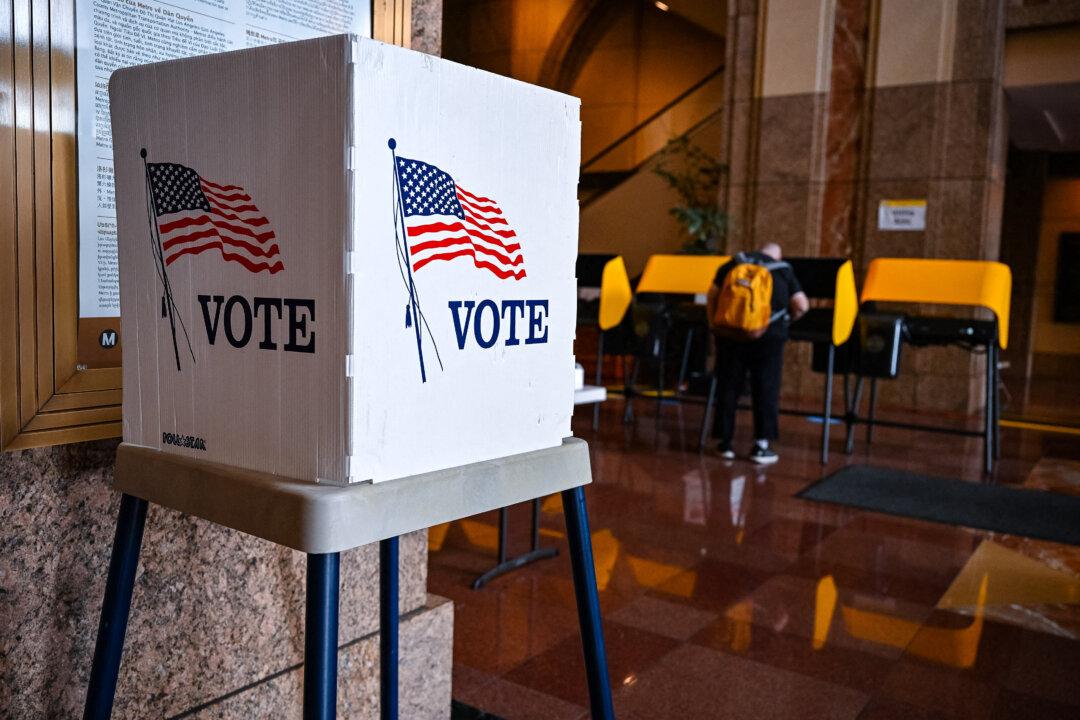Abortion, drug use, and election laws are three of the top issues voters across the nation will decide on when Election Day arrives on Nov. 5.
Voters in 41 states are slated to decide on more than 140 ballot measures at the polls, with Arizona, Colorado, and California putting forth the greatest number of initiatives.





